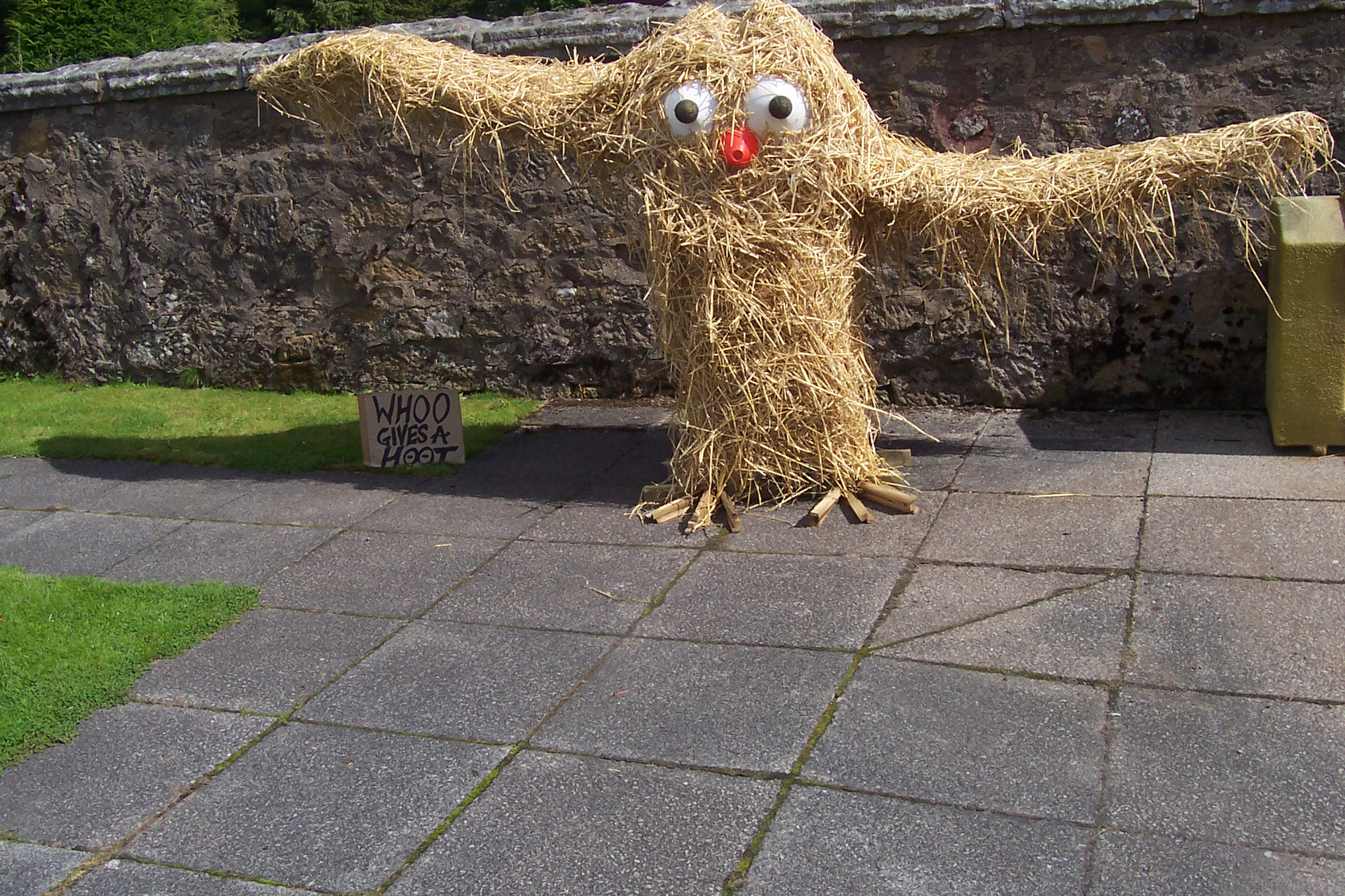
Refugee status
I don’t know how others find it but between researching history and writing a novel, I have to read fiction, otherwise I do journalism and write facts. One of my faourites is Bernard Cornwell because of the way he setas the scene and doesn’t climpon the descriptions. He manages to make his characters seeem ordinary people,and not treat them as academic robots. Which brings me to one of my pet hates – academic history. It irritates me when I see a war documentary and it deals with the strategy, mentioning things like – the estimated causualty rate was 30% but that was exceeded by 20% because of lack of intelligence. Those casualties are ordinary people; people who dislike spinach and have blisters from new boots. When I did some research on the Korean war what struck me in one memoir was the comment – and always the refugees. Imagine what it would be like to carry or wheel everything you had in the world, with your children footsore and hungry in a queue that stretched over the next hill and back over the one you have just crossed. A long column of hopelessness. Not going anywhere, just away. They, like the slaves of the tobacco and cotton plantations, are the forgotten army. We know them as a group but not really people. In a way that is why I wanted to write about ordinary people caught up in the uprising of 1820. By that time, Glasgow was growing into the major European tobacco port yet the ordinary people were little better than the slaves on the tobacco farms. There were rich families in Glasgow but the bulk were living in extreme poverty, a poverty with nothing to lose that breeds mindless violence.
The caption for the ‘Scarecrow’ in the picture was ‘Who cares a hoot?’